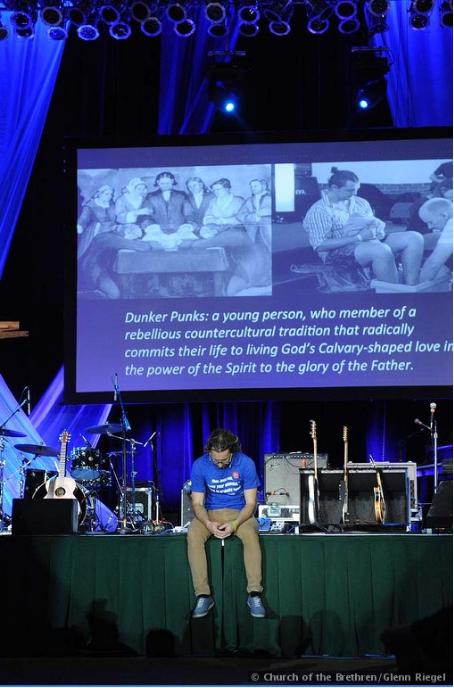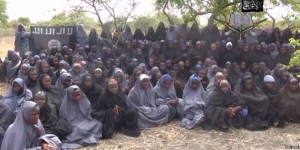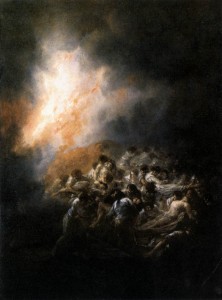Dunkers have been nonconformists since 1708, and punks certainly are no fans of politicians, so what do DunkerPunks have to say when it comes to the messy business of politics. Anything? Can we successfully work for social progress in the political arena while faithfully following Christ? Let’s see…
At NYC, Jarrod gave us a working definition of a DunkerPunk:
“A young person who is a member of a rebellious countercultural tradition that radically commits their life to living God’s Calvary-shaped love in the power of the Spirit, to the glory of the Father.”
This definition gives us a firm foundation for each of us to root ourselves in, no matter what context we are currently living in. Having this rootedness is key. DunkerPunks must be individually and communally rooted in scripture, Brethren theology and traditions, and the immediate context and community surrounding each of us.
It may sound fun to be countercultural or rebellious, but we can only be authentically and effectively countercultural if we spend time steeping ourselves in scripture and Brethren community. We have to figure out where we fit in to the larger story, so that we can faithfully contribute to the development of that story. If we fail to do that, our efforts will be in vain, or unintelligible, at best.
When applying this to politics (in this instance, specifically immigration reform) we have to be sure we know why are faith is compelling us to enter the realm of politics. Because advocating for immigration reform (or many other political issues) can make sense on many levels (economic, humanitarian, etc.), but why did over 100 religious leaders recently engage in nonviolent protest and get arrested because of their action? Because of faith convictions that have sharpened their moral understanding of how we are called to treat others.
We have scripture instructing us to be kind to the sojourner, and most importantly we have Jesus modeling self-sacrificial love in his life, teachings, death, and resurrection. This ‘calvary-shaped love’ is what this whole movement hangs on. If we take it seriously, people take notice, and the world can actually change.
I recently listened to an OnBeing Podcast with Lutheran Pastor Nadia-Bolz-Weber and her thoughts on how to be both orthodox and creative struck me as words DunkerPunks should heed as we continue this journey. She said:
“I really feel strongly that you have to be deeply rooted in tradition in order to innovate with integrity…So we are taking these traditions and we’re living them out and then we’re tweaking them in ways that are super meaningful or funny or relevant for us. So it’s always both for us.”–Pastor Nadia Bolz-Weber
When we apply this thinking to our original query, I think the answer is quite clear that yes we can get involved with politics (just as we can get involved with many other pursuits outside of the traditional church), but we must be deeply rooted in our tradition so that we can innovate with integrity and act faithfully.
How do you think DunkerPunks can innovate with integrity? What Brethren traditions have the potential to be reimagined for transformative purposes? Leave us some comments below about your ideas!
In Christ’s Peace,
Bryan Hanger
Keep up on all things DunkerPunks!
www.dunkerpunks.com
Follow @dunkerpunks on Twitter
Like DunkerPunks on Facebook
Remember, DunkerPunks travel in a pack, so don’t forget to find a small group of 2 or 3 others to start praying, studying and thinking together about how God can use you in the Mustard Seed Revolution!
ALSO: If you have the gift of design, we want you to design the Dunker Punks logo!
AND
Check out this DunkerPunk video!





